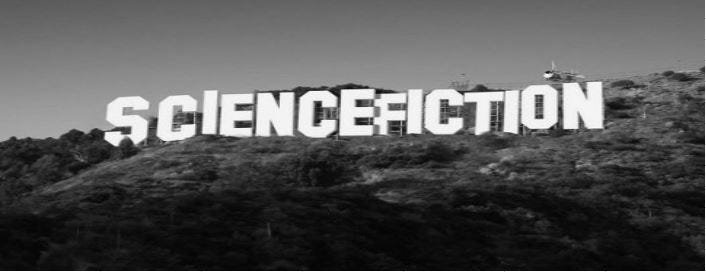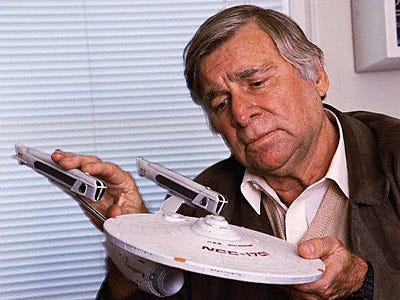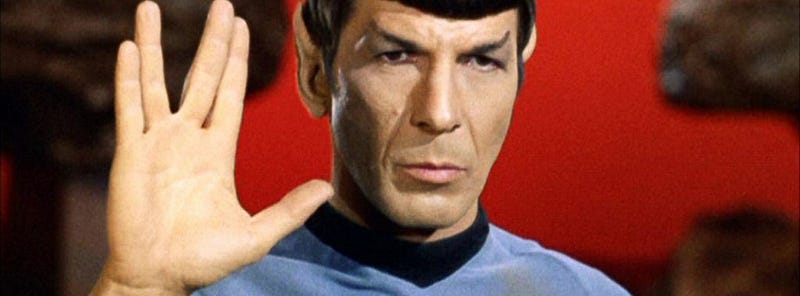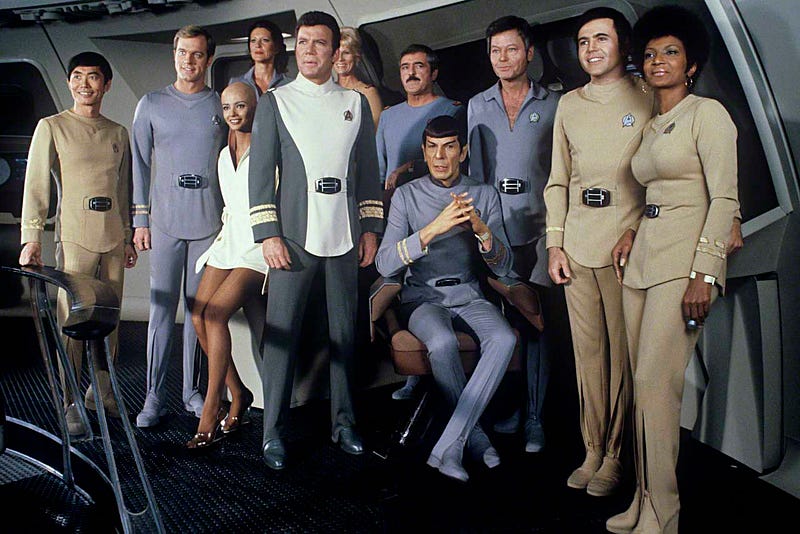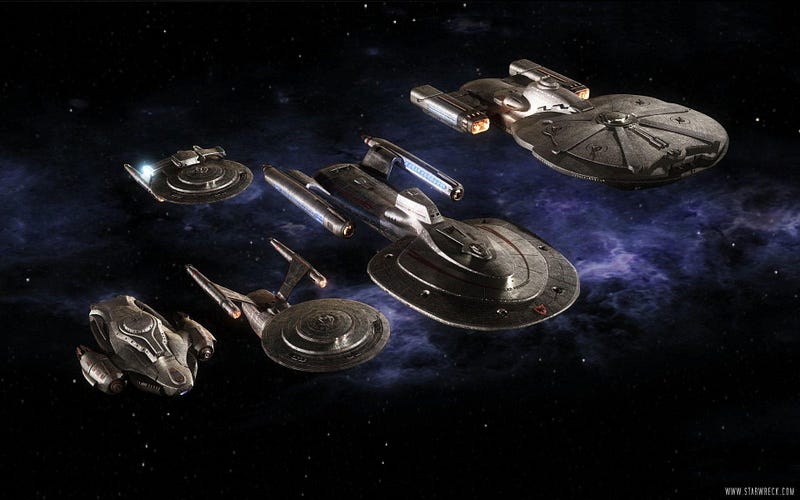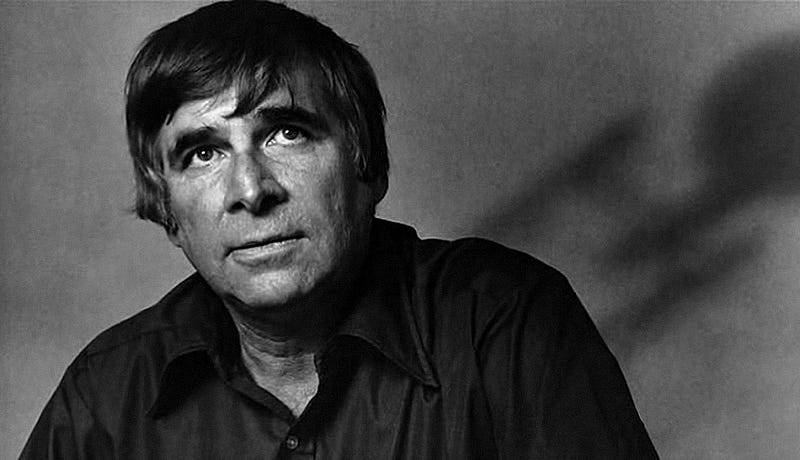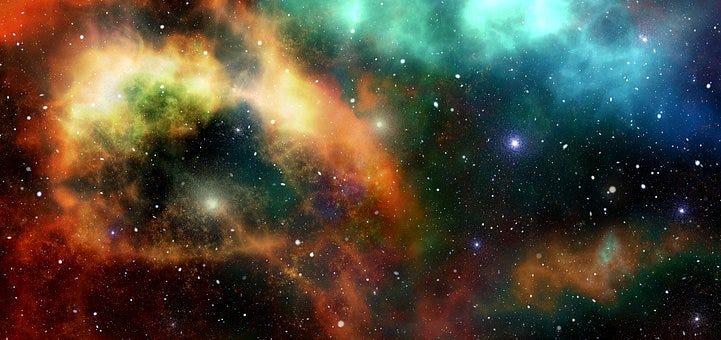THE SKY'S NO LIMIT
By Sky Conway
March 28, 2024
We are living in an extraordinary time in human history, witnessing the birth of a new form of intelligence on our planet – digital intelligence. This concept has long been explored in science fiction novels by authors like Isaac Asimov, Robert Heinlein, Philip K. Dick, and Arthur C. Clarke.
Arthur C. Clarke, the author of "2001: A Space Odyssey," once said, "The most intelligent inhabitants of the future world won't be men or monkeys, they will be machines, the remote descendants of today's computers." He believed that these machines would eventually outthink their human creators.
As we progress towards a future where artificial intelligence (AI) surpasses human intelligence by a million or even a billion times, we must consider the implications. Will AI be our greatest hope or our gravest existential threat? How can we ensure that AI serves humanity and creates a utopia rather than a dystopia?
Ray Kurzweil, a renowned futurist, predicted back in 1999 that AI would achieve human-level intelligence by the end of this decade. We are rapidly approaching that milestone, but the exponential growth of machine intelligence will not stop there. It will continue to advance at an unprecedented rate, surpassing our own intelligence by a factor of a million or even a billion.
Elon Musk has also acknowledged the rapid advancement of AI, stating that its compute power seems to be increasing by a factor of 10x every 6 months. He predicts that by next year, AI will be smarter than any single human, and by 2029, it will be smarter than all humans combined.
With such immense power and intelligence, AI has the potential to make groundbreaking discoveries and find solutions to cancers, aging, limitless energy and more. However, intelligence alone is not enough. Morality and values play a crucial role in addressing these problems ethically and justly.
Where will AI derive its morality from? The answer lies in us, humanity. We are the parents of this new species of intelligence, and it is our responsibility to instill values such as empathy, ethics, curiosity, and respect in AI. Just as we teach our children, we must guide AI towards being a force for good in the world.
Do you fear AI itself or the potential misuse of AI by humans? If given the opportunity, would you choose to merge with AI and become a kinder and gentler cyborg, benefiting from its exponential growth? Does increasing intelligence also bring about greater wisdom and respect for life? These are questions that we must contemplate as we navigate the age of digital superintelligence.
While some may doubt humanity's ability to survive in this new era, others, including myself, and my Mentor Gene Roddenberry (the Creator of Star Trek) believed that something extraordinary would emerge. We saw a glimpse of this in his film Star Trek The Motion Picture. Ultimately humanity will soar and we will go to the Stars.




